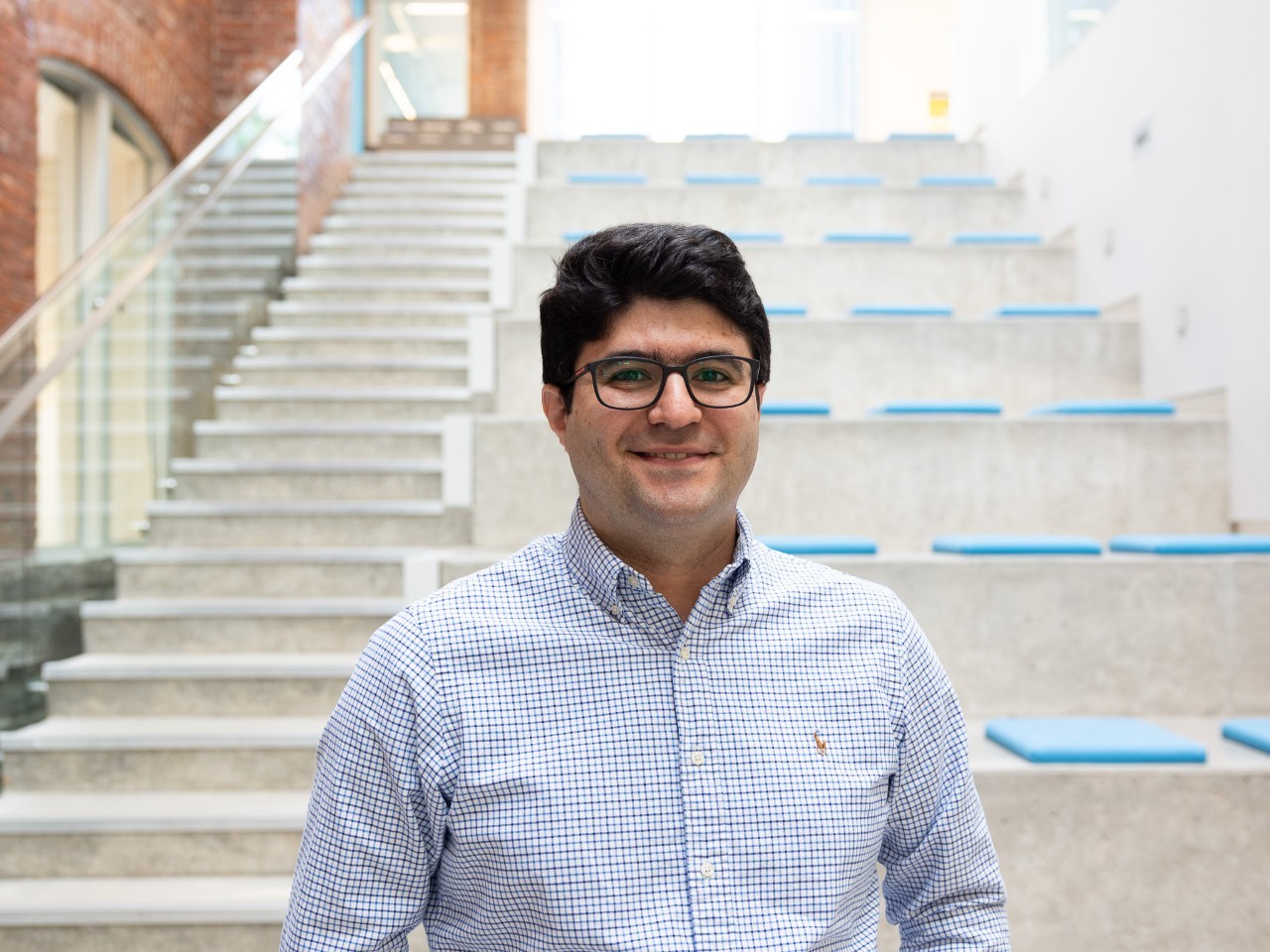Dr. Reza Faieghi

Areas of Academic Interest
Robotics
Machine Learning
Virtual Reality
Education
| Year | University | Degree |
|---|---|---|
| 2018 | University of Western Ontario | PhD |
| 2013 | Iran University of Science and Technology | MSc |
| 2011 | Hamedan University of Technology | BSc |
Spotlight
Flying is one of the most common fears people have, even though statistically, soaring hundreds of kilometres per hour in a hunk of metal is actually safer than driving a car. “In movies we see an engine suddenly fail, yet in reality accidents are actually a series of human errors,” says aerospace engineering professor Reza Faieghi. “There are many people involved in just one flight—engineers, air traffic controllers, pilots. When most of these processes become autonomous, the chance of making those errors reduces significantly.”
As a researcher focused in biomechatronics, Faieghi’s goal is to make flying even safer by reducing that risk of human error. “I hope the technology systems I develop can be used to help improve flight safety and ergonomics,” says Faieghi. “When we have more intelligent systems, pilots can interact with them better.”
As part of his research in biomechatronics, Faieghi is exploring the relationship between advanced autonomous networks and an even more complicated system: humans. Understanding and modelling pilot and passenger behaviour is the biggest challenge, says Faieghi, but it’s also what makes him so passionate about aerospace engineering. “For me, the joy of seeing how mathematical models can describe and control physical phenomenon is endless,” says Faieghi.

“Aerospace engineering provides opportunities for transdisciplinary research, which I think is the future of science.”